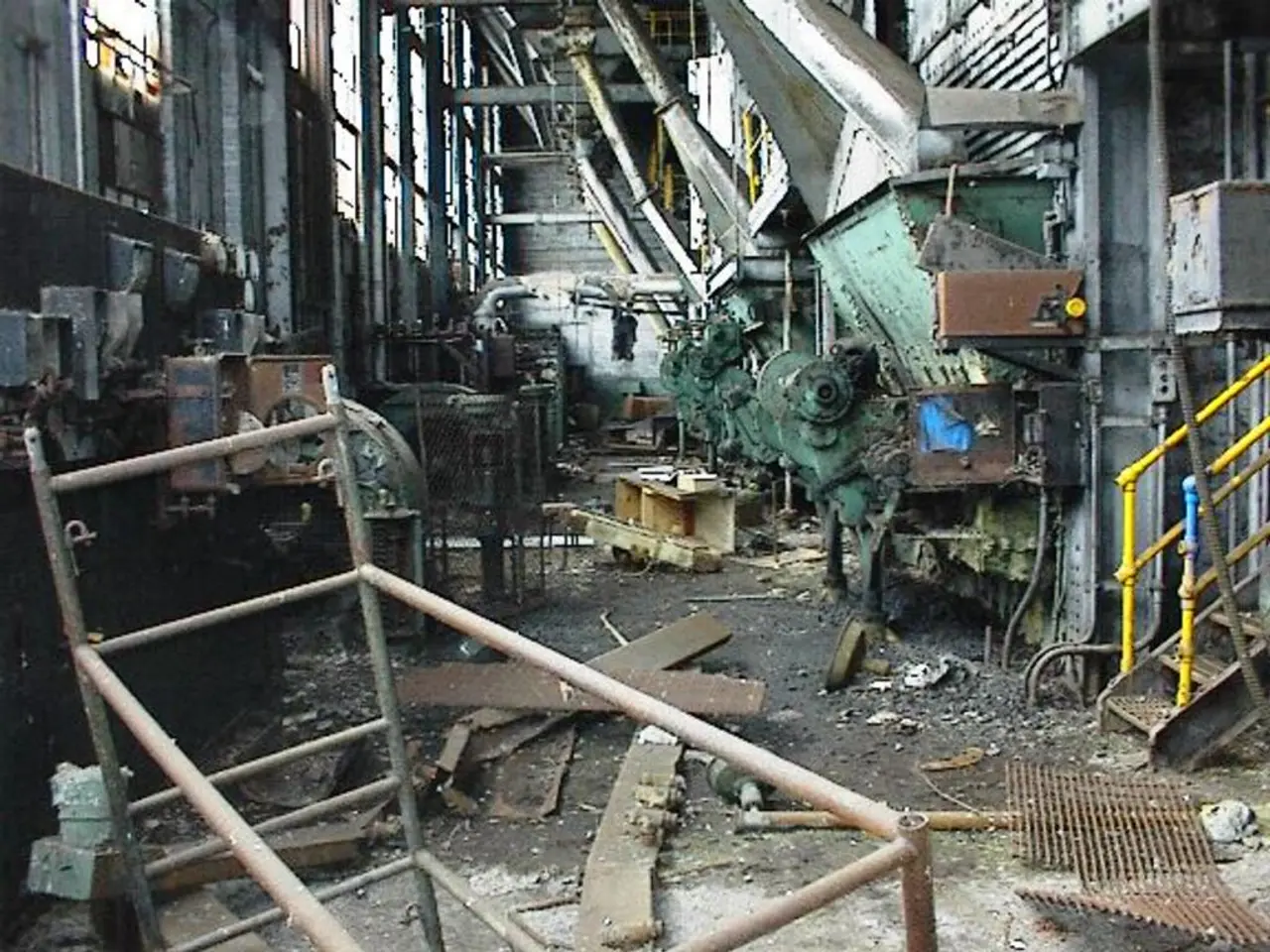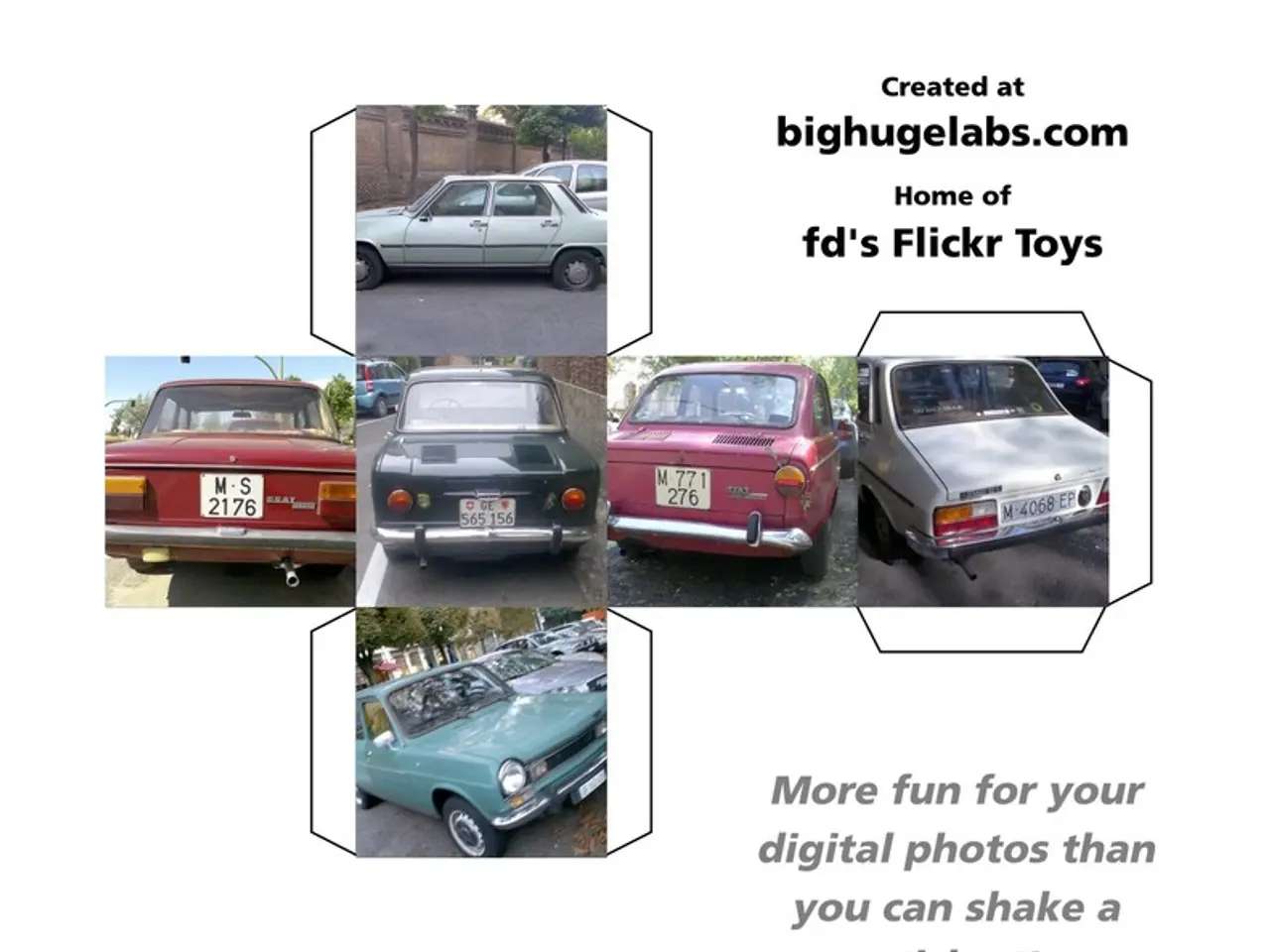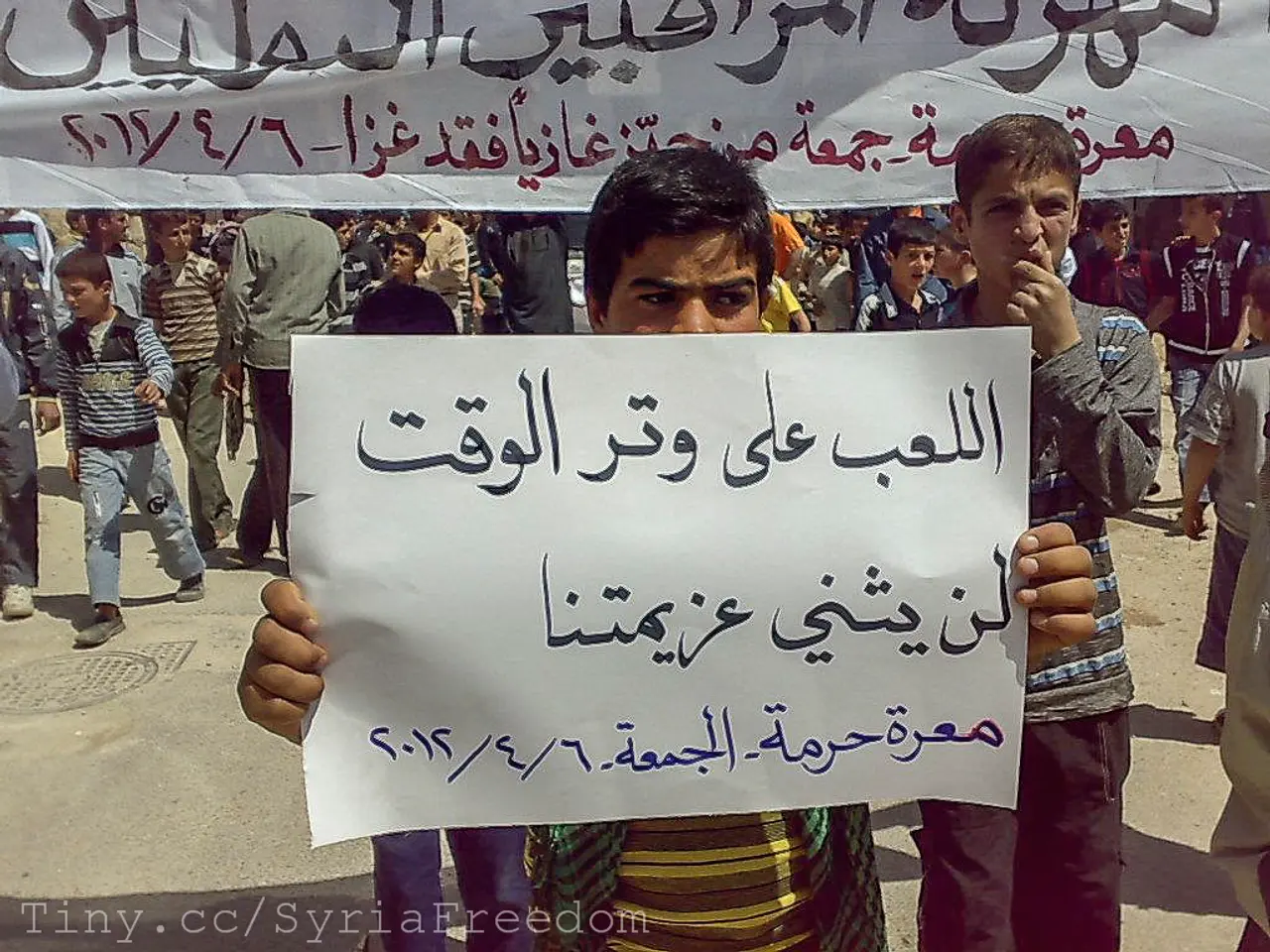ArcelorMittal Bremen continues to post losses, despite reports of increased productivity levels - ArcelorMittal Bremen faces reduced productivity
ArcelorMittal Bremen, a productive steelworks in Germany, has been struggling with losses for the past two years. Despite its high productivity and attractive product mix, the company is encountering financial difficulties primarily due to high energy costs, unfavourable market conditions, and delayed investments in decarbonization technologies.
Key contributors to the crisis at ArcelorMittal Bremen include high energy costs in Germany, the abandonment of green steel investment plans, delayed decarbonization projects, international competition and market pressures, and a strategic focus shifting elsewhere.
Germany's high and unpredictable energy prices have made it difficult for ArcelorMittal Bremen to compete with other countries like France, which offer more competitive and reliable electricity. The company initially planned to convert the Bremen plant to carbon-neutral production, but abandoned these plans due to the high energy costs.
ArcelorMittal declined €1.3 billion in government subsidies to convert Bremen and Eisenhüttenstadt plants to use hydrogen-fired electric arc furnaces. The company cited the economic impracticality under current energy cost structures and uncertainty about future energy supply as reasons for this decision.
Furthermore, the company halted its previously announced direct-reduced iron (DRI) and electric arc furnace (EAF) projects in Bremen and Eisenhüttenstadt due to the unfavourable policy, market, and energy environments. These projects were not moving in a direction favourable for low-carbon steelmaking investments in Germany.
International competition and market pressures are also exacerbating ArcelorMittal Bremen's losses. The entire European steel industry is challenged by competition from imports, which puts additional pressure on local producers to compete while facing high operating costs.
While halting investment in Bremen, ArcelorMittal is moving forward with investments in other sites with more favourable conditions, such as building new electric arc furnaces in France, supported by substantial government grants.
The halt in the transition to "green" steel production may negatively impact the long-term sustainability of ArcelorMittal Bremen. The company's continued operation is dependent on securing better framework conditions.
The financial implications of forgoing state funding for "green" steel production are significant for ArcelorMittal. The company is forgoing more than one billion euros in state funding by halting the transition to "green" steel production.
The lack of effective trade protection is another challenge for ArcelorMittal Bremen. Increasing imports of cheap steel from non-European countries are exacerbating ArcelorMittal Bremen's losses.
The protest outside the steelworks indicates dissatisfaction among employees regarding recent developments at ArcelorMittal Bremen. More than 1,000 employees of ArcelorMittal Bremen have demonstrated their protest against recent developments. The protest signals a need for ArcelorMittal to address employee concerns and secure the site's future.
The economic stagnation in Germany for three years has contributed to ArcelorMittal Bremen's losses. Weak demand is another factor in ArcelorMittal Bremen's losses.
The absence of compensation for climate-related costs is another challenge for ArcelorMittal Bremen. The planned transition to climate-friendly production using "green" hydrogen has been temporarily halted by ArcelorMittal.
ArcelorMittal Bremen's crisis underscores the need for better framework conditions and support for the European steel industry to secure sustainable steel production and protect local jobs. The company urges policymakers to address these issues to ensure a bright future for the industry in Europe.
- ArcelorMittal Bremen's financial challenges are partly attributed to Germany's high and unpredictable energy costs, making it difficult for the steelworks to compete with more affordable energies in countries like France.
- In the face of unfavorable market conditions, delayed investments in decarbonization technologies, and the abandonment of green steel investment plans due to energy cost concerns, ArcelorMittal has decided to invest in other sites with more favorable conditions.
- The ongoing crisis at ArcelorMittal Bremen, a productive steelworks, highlights the need for better framework conditions, such as effective trade protection and compensation for climate-related costs, to secure sustainable steel production and local employment opportunities within the European steel industry.




